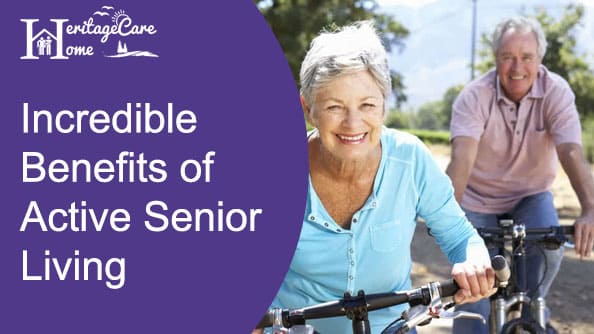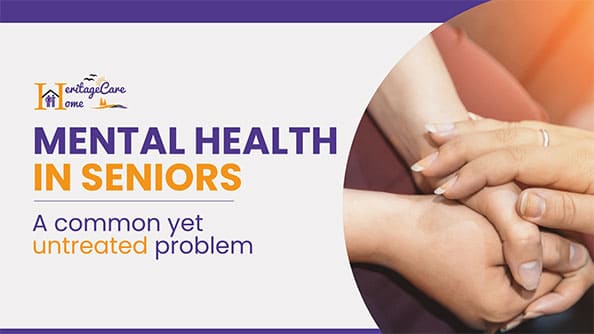Ways to tackle senior loneliness and isolation
- Admin |
- July 17, 2023
We can all relate to how lonely might feel. Since we can't share our pleasant moments with others, it makes the world a little bit grayer and duller...
Read more
It may be difficult to watch a loved one battle cancer, Alzheimer's, or any potentially fatal illness. Since there is nothing you can do to assist, you may feel dissatisfied and powerless.


It may be difficult to watch a loved one battle cancer, Alzheimer's, or any potentially fatal illness. Since there is nothing you can do to assist, you may feel dissatisfied and powerless. You can feel uneasy and unsure about your health as a result. This is especially true for a disease like Alzheimer's, where there are still many unanswered questions.
Although the evidence for hereditary factors that enhance the incidence of Alzheimer's is still unclear, several lifestyle decisions are thought to be important. Regular exercise is one of them. Daily exercise, according to researchers, lowers stress and lowers the risk of diabetes and heart disease. It is believed that these conditions exacerbate Alzheimer's.
Research that was published in the Journal of Alzheimer's Disease looked into possible connections between Alzheimer's and good brain health. They sought out people who, on average, were 78 years old and led sedentary lifestyles. Researchers divided the participants into the following two groups:
Seniors who looked to be in good health
Elderly people with minor cognitive impairment
Participants in the 12-week study exercised on a treadmill under the guidance of a personal trainer. Both groups had improved levels of cardiovascular fitness, cognitive function, and brain efficiency after the 12 weeks. Even for people with modest cognitive impairment, researchers hypothesized that exercise likely plays a crucial role in preserving and potentially even increasing brain function and memory recall.
This study's hopeful conclusion was that even a little exercise may make a difference. The only exercise the participants did was walk on a treadmill for 30 minutes, five days a week, at a moderate pace. A moderate pace was defined as one that causes an increase in heart rate while still enabling discussion.
We offer some recommendations for exercise activities you may perform either alone or with others. There are two websites with free online resources:
National Institute of Aging: You may discover a range of tools and articles on the National Institute on Aging's website under the Exercise and Physical Activity section.
Growing Stronger: This initiative from the Centers for Disease Control and Prevention and Tufts University provides several resources as well. Even their free, 126-page handbook is available for download.
Walking, Tai Chi, Pilates, yoga, recumbent biking, and low-impact aerobics are further recommendations. Consult your doctor if you've been leading a very sedentary lifestyle or if you haven't worked out recently. They can offer suggestions for the kind and amount of exercise you should do.
Our residents at Heritage Care Home Senior Living communities take advantage of a distinctive, all-encompassing approach to wellness. Through our program, they have the chance to take part in activities that support wellness on a physical level. Every interest and level of fitness can be satisfied by a variety of activities, from morning stretches to strength training and Zumba. To find out more, dial (704) 704-2231 right away!

We can all relate to how lonely might feel. Since we can't share our pleasant moments with others, it makes the world a little bit grayer and duller...
Read more
Every year, a large portion of us, regardless of age, make the same New Year's resolution: to be more...
Read more
Travel requirements and preferences can change significantly as we age, regardless of whether you are a seasoned globetrotter or....
Read more
A significant portion of the elderly population in the United States suffers from memory-related issues such as Alzheimer's or Dementia...
Read more
The majority of Americans eagerly look forward to retirement. Many people have distinct memories of traveling, exploring the nation...
Read moreFEEL THE PLEASURE OF BEING CAREFREE